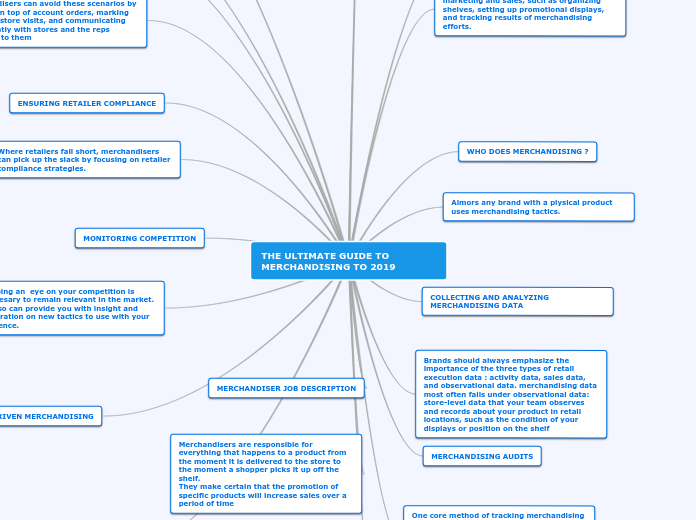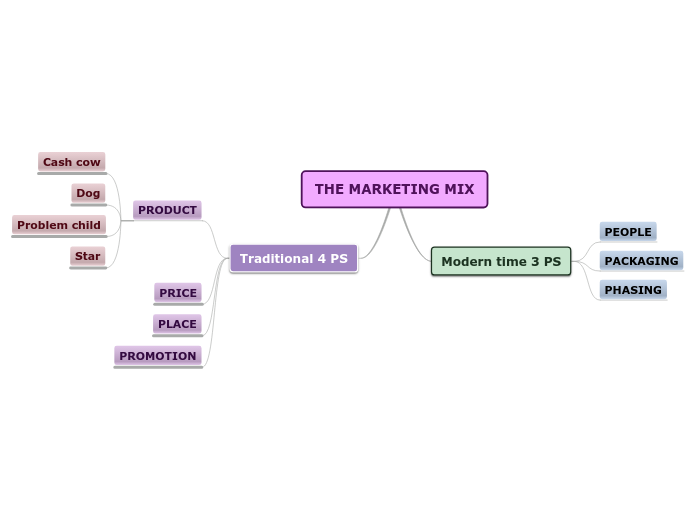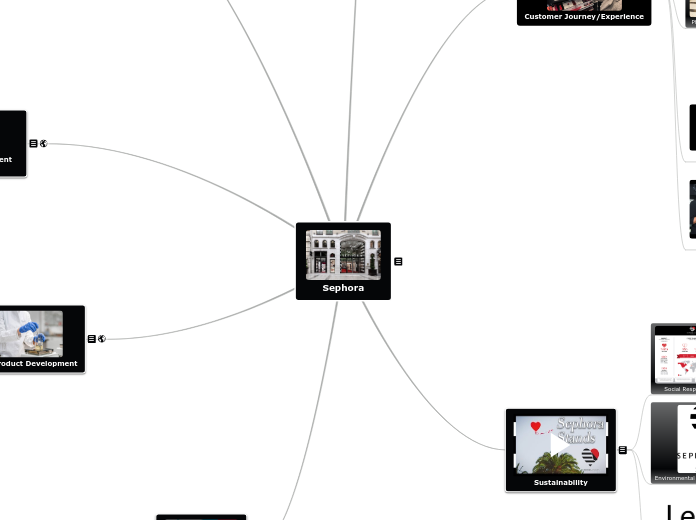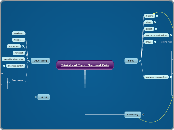by katy julieth pacheco españa 5 years ago
222
THE ULTIMATE GUIDE TO MERCHANDISING TO 2019
Merchandising in 2019 requires a strategic and data-driven approach to ensure effectiveness and retailer compliance. Merchandisers play a crucial role by maintaining inventory, conducting regular store visits, and closely monitoring account orders.









